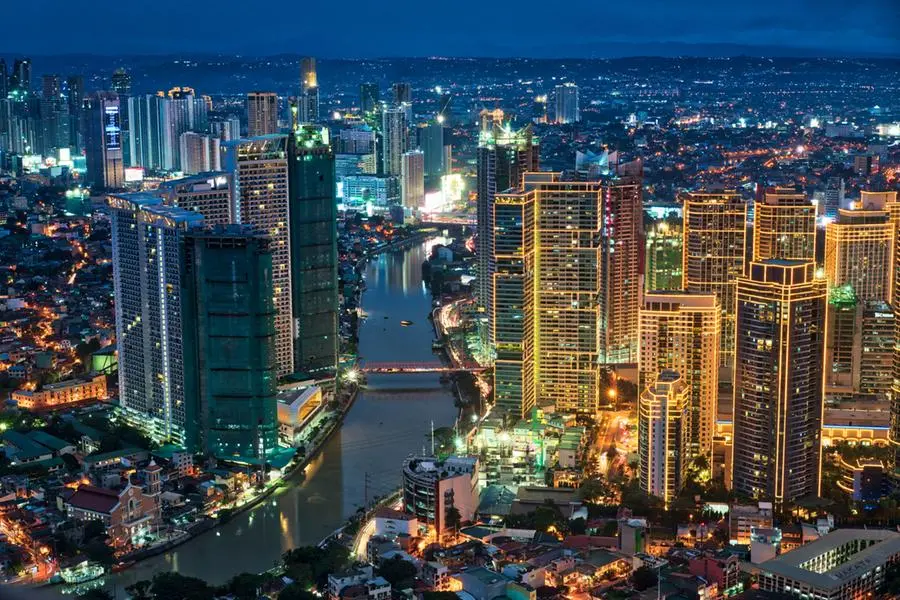PHOTO
Consumer price growth softened in May as the domestic economy swallowed the Bangko Sentral ng Pilipinas' aggressive rate hikes, supporting the case for a longer pause in monetary action.
Inflation eased 6.1% year-on-year in May, slower than the 6.6% outturn recorded in the previous month, the Philippine Statistics Authority reported Tuesday.
Core inflation, computed without volatile items such as fuel prices, retreated slightly to 7.7% in May, softer compared to the 7.9% in the preceding month.
Price growth in May painted a picture of a domestic economy absorbing the impact of the BSP's aggressive tightening, meant to arrest skyrocketing inflation, which began at the midpoint of 2022. Inflation began soaring last year as a result of supply chain bottlenecks, expensive fuel prices, a weak peso, and the Philippine economy's full reopening which fueled consumer spending.
The central bank hopes inflation will hit its 2-4% target in 2023, as they expect price growth to slow further in September or October. Year-to-date, inflation averaged 7.5%.
To the BSP's credit, monetary policy has done most of the work to lift the Philippines out of the inflation hole. The policy rate is now at 6.25%, after the central bank injected 425 basis points to tame painful price growth.
Nicholas Antonio Mapa, senior economist at ING Bank in Manila, remained wary of second-round effects but expects the headline rate will give the BSP more wiggle room.
'Slowing inflation could give BSP space to extend their pause although fresh developments such as a potential Fed rate hike could impact the forward guidance for an extended pause,' he said in a Viber message.
Miguel Chanco, chief emerging Asia economist at Pantheon Macroeconomics, projected inflation to return to the BSP's target range potentially as early as September.
'Our core view is that the Bank will roll back some of its aggressive rate cuts in Q4, by around 50bp in total initially, remaining on hold until then,' he said in an emailed commentary.
Prices of certain commodities and services are indeed softening, as data showed in May, but not at a pace that would ease consumer burden. Data from the Philippine Statistics Authority showed that in May, prices of certain food products such as rice, vegetables and milk went down across the country.
Utility costs remain sticky, however, as rent and water posted upticks in May.
Broken down, inflation slowed to 6.5% within Metro Manila as a result of local pump prices softening in the past month.
This was the same in areas outside the National Capital Region, as public transport fares eased last month pushing inflation down to 6% in May.
Inflation across the country's poorest families clocked in at 6.7% in May, slower compared to the 7.4% recorded in the previous month.
Domini Velasquez, chief economist at China Banking Corp., expects price growth to continue decelerating for the rest of the year, hitting the BSP's target in the final quarter.
'We think that inflation can reach the BSP's 4% target as early as October, revising our previous of November. This will give the BSP room to cut rates as early as the end of the year,' she said in a Viber message.
Copyright © 2022 PhilSTAR Daily, Inc Provided by SyndiGate Media Inc. (Syndigate.info).





















